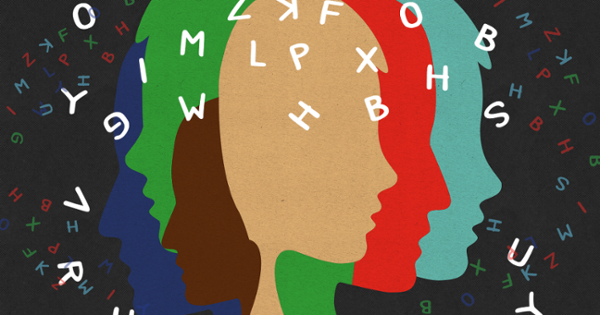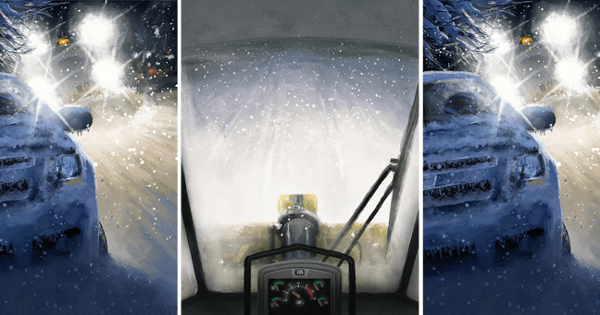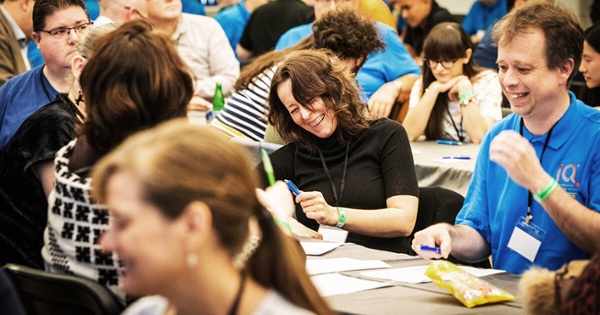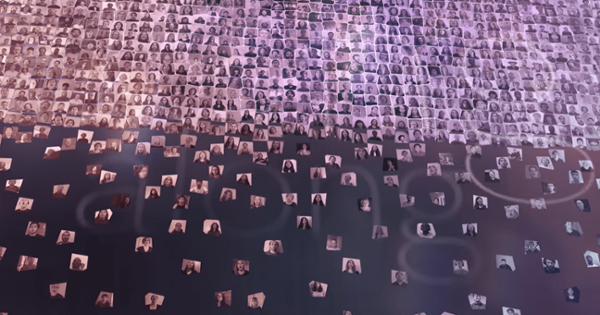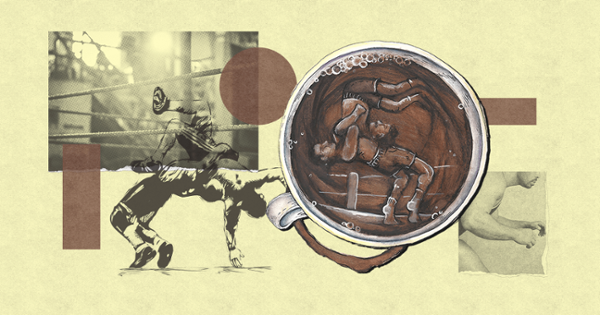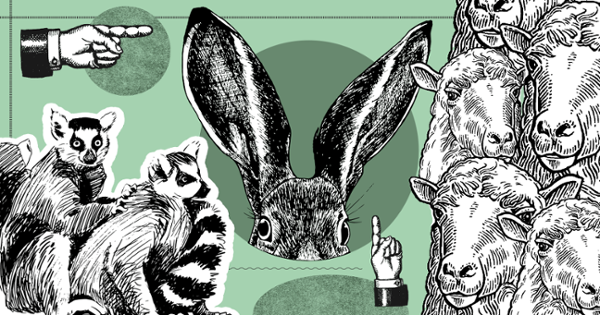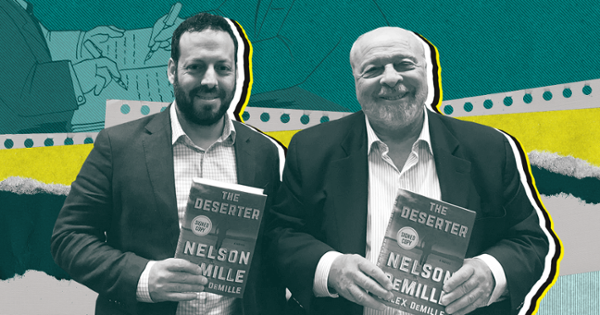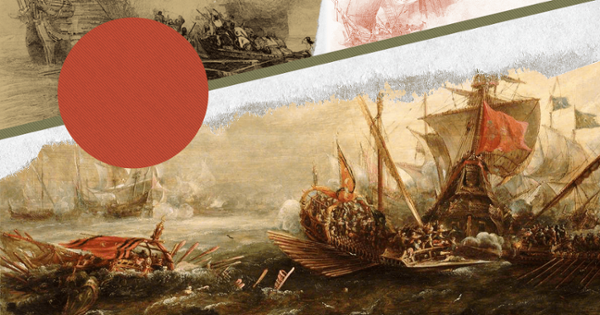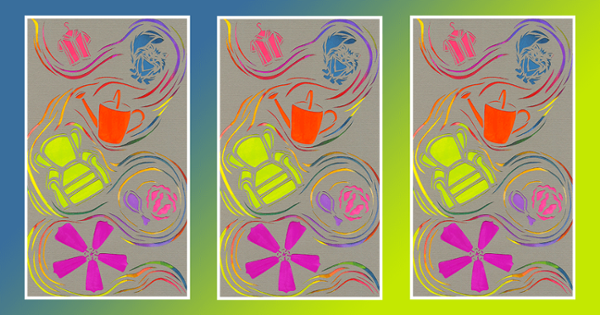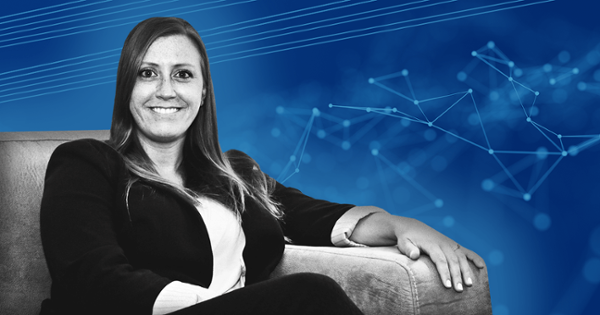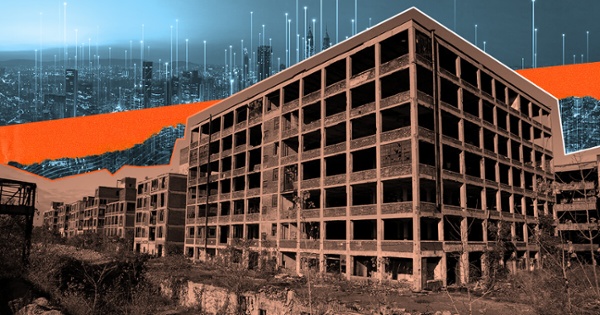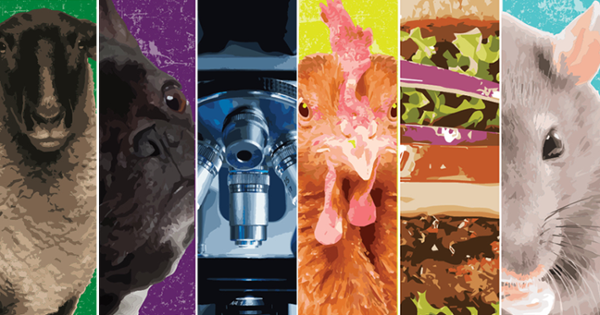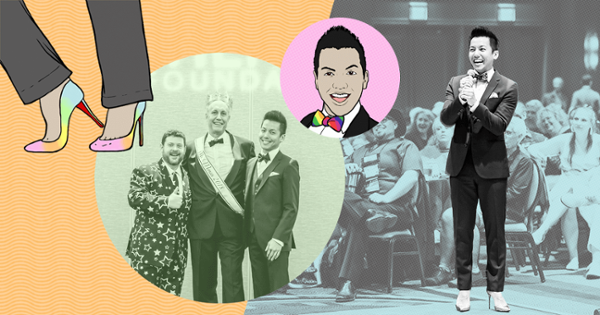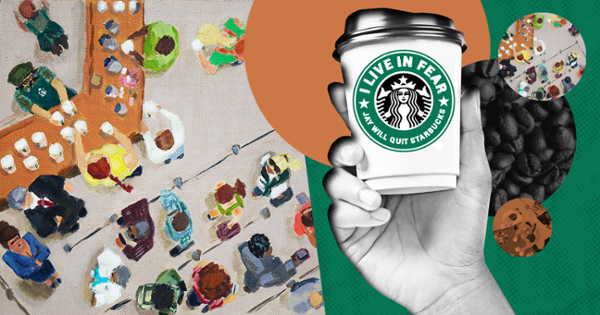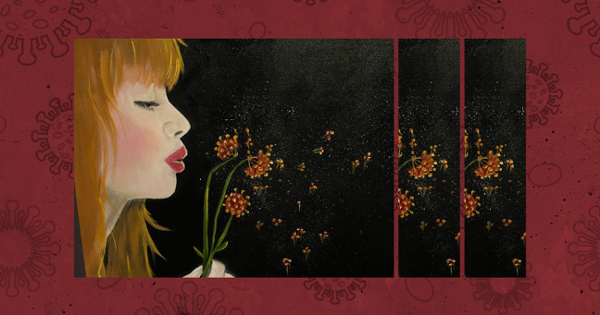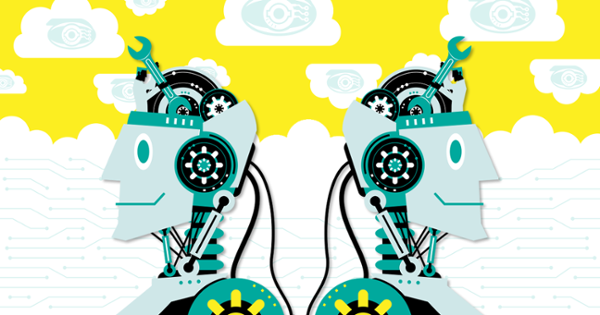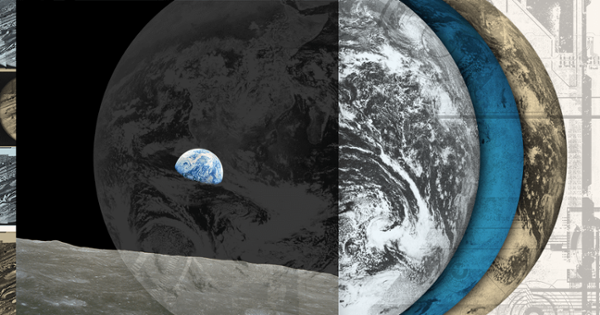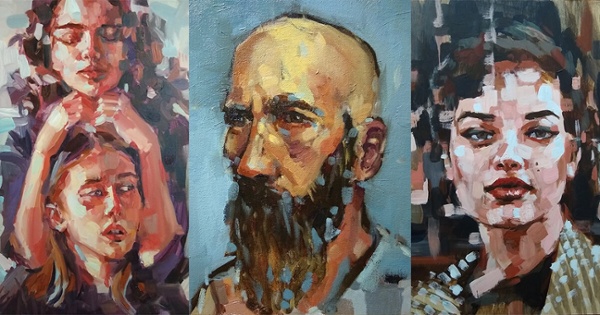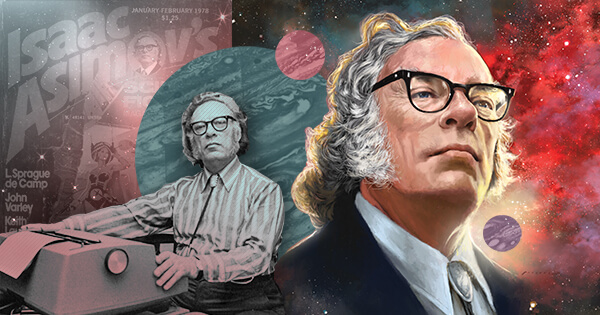Mensa Bulletin Features
If you know a brilliant little dyslexic Einstein of your own, make sure they get the best academic and emotional support. But also give them a solid exposure to the many new assistive devices that make life so much easier.
Oh, plowing the snow’s an art, no question about it. Takes years of experience to get’er down good and proper. So there ain’t no way the city’s gonna turn loose a young tenderfoot like you in a blizzard like this — not on his own, anyways.
For 20 years the International Quizzing Association has been running major international quiz events such as the Quiz Olympiad. Ken Jennings led the last squad, maybe you’ll be on the next? If you’re able and interested, there could be a spot for a Mensan or Mensans on the national team.
On March 13, my hyper-busy life came to a screeching halt. I was no longer able to see family living in a senior care facility where I had been a daily visitor. No running a million errands, no restaurant dinners with my spouse, no face-to-face chats with friends. But in the newfound space and quiet, I discovered — or rediscovered — my voice.
While the memories gather and swirl, I go to take a sip from my coffee cup. I insert my finger through the small handle and, for the first time, notice a small ring of coffee outlining the base of my cup. And I remember it all — the glorious early years of a passionate and unfulfilling love affair with professional wrestling.
Senior Bulletin columnist Richard Lederer invites you to become a groupie and make up your own collective nouns for animals or for people — a prickle of porcupines, an aroma of skunks, a rash of dermatologists, a brace of orthodontists.
Distinct writing styles and clashing egos. A fallout between childhood friends. Editors who couldn’t see past rose-tinted glasses. Bestseller Nelson DeMille swore off writing collabs for decades until finally teaming up with his son, which, he says, brought the two closer together.
Greed or necessity often motivated piracy, while politics have influenced the warfaring of privateering. But like politics and economics, religion was inextricably linked to its deep history.
A lifetime of laughter bloomed spiderwebs in the corners of Edna’s eyes, but with time her world had grown dull and colorless. Suddenly, however, she’s given license to cut loose and paint the town red.
A mutual love of history brought these M’s together to discuss their new novels that explore from different perspectives the story of Jacoba/Giacoma dei Settesoli, a rich Roman noble who shares the crypt of St. Francis of Assisi.
Dr. Renee Lexow, discusses stimulants for test-takers, maintaining mental health during a pandemic, the ethics of sharing IQ test results, and more in a sweeping convo with Director of Membership Timothy Brooks, CAE.
Brainbelts — emerging islands of creativity and innovation — have transformed local Rust Belt economies through collaboration between business, academia, and regional governments by working together with ingenuity, new technologies, and new materials.
In the discipline of philosophy, there is a legitimate debate over whether there are such things as nonhuman animal rights. Philosophy professor and Mensan Elliott R. Crozat takes a closer look at the issue from both sides.
With its charming idiosyncrasies and unexpected opportunities for authentic belonging, my Mensa family is one I have held dear since my entry in 2010. As I approach the close of my first decade of Mensanhood, I realize I have much for which to be grateful about this whimsical, wonderful group.
At his local Starbucks, Matt finds an oasis from the perpetual state of near-anxiety in which he and other New Yorkers like him operate. It’s a calm before the storm of a coming workday — thanks in large part to Jay’s personal touch.
As the coronavirus wraps its tentacles around our planet and the number of infections and deaths burgeons, you might be wondering why this respiratory pathogen is dubbed COVID-19.
As we brave the third wave of AI, we’re likely to see the development of technologies that will radically change the ways we interact with our world and with each other. But whether any of this results in AIs that can actually think about and experience the world as we do, only time will tell.
Machines have helped humanity achieve groundbreaking scientific and technological advancements. But now we must ask ourselves the question at the center of the cyberethical problem: At what point do machines no longer serve as an extension of the person, but the person becomes an extension of the machine?
You’re sitting at a table, and after a long time elapses, someone finally brings the food. Why are they called the “waiter”? Senior Bulletin collumnist Richard Lederer makes the case for the singular pronoun, historically, philosophically, and lexicologically.
The prolific writer profoundly and indisputably impacted the science fiction genre, but on a more granular level Asimov influenced and inspired countless individual scribes. One of them, a Mensan and former coworker of Asimov’s, explores his legacy both in literature and on a personal level.

